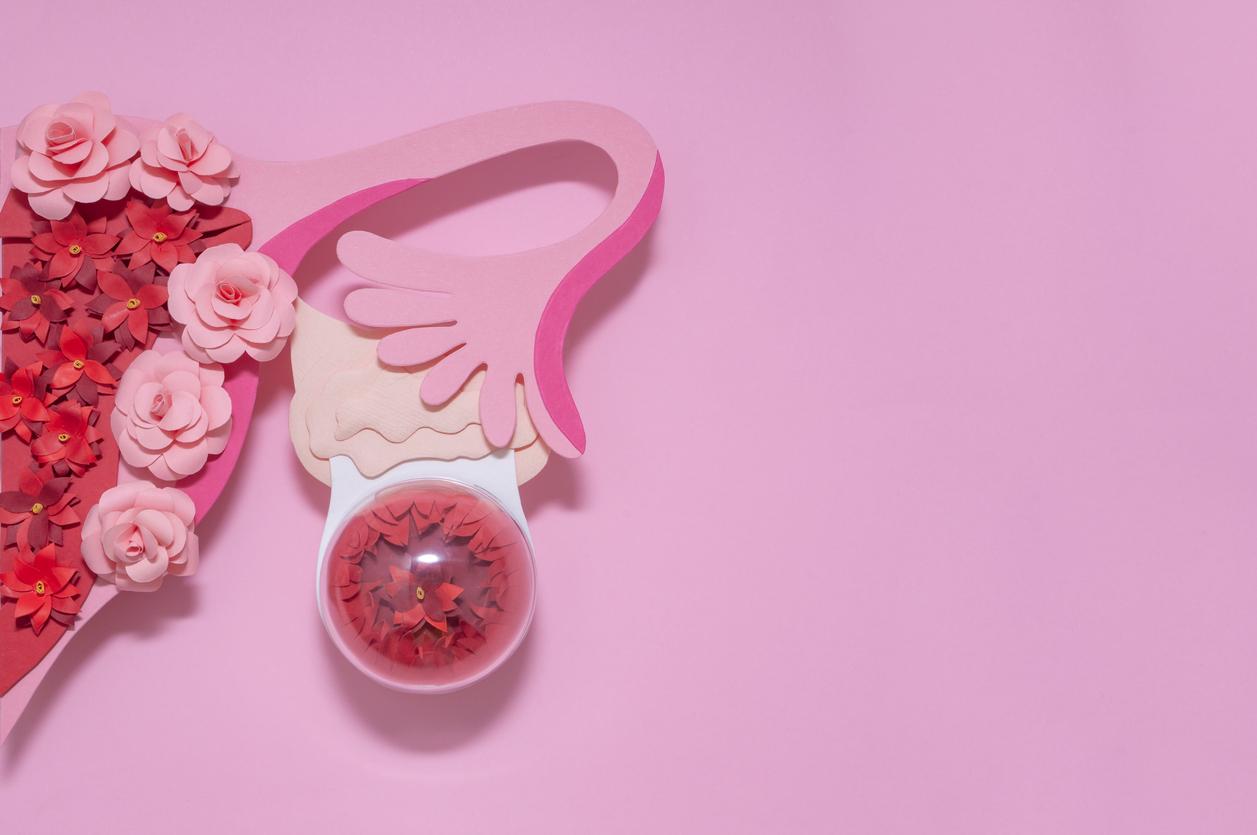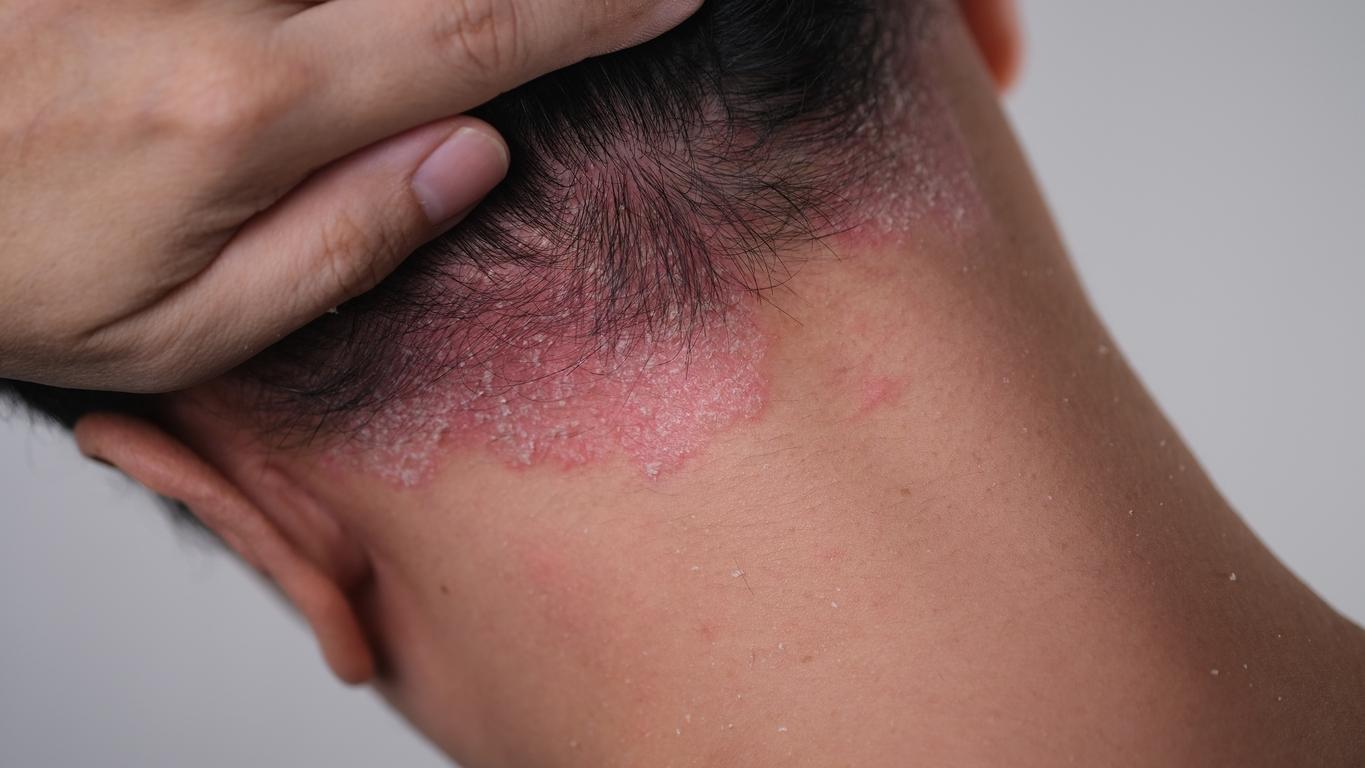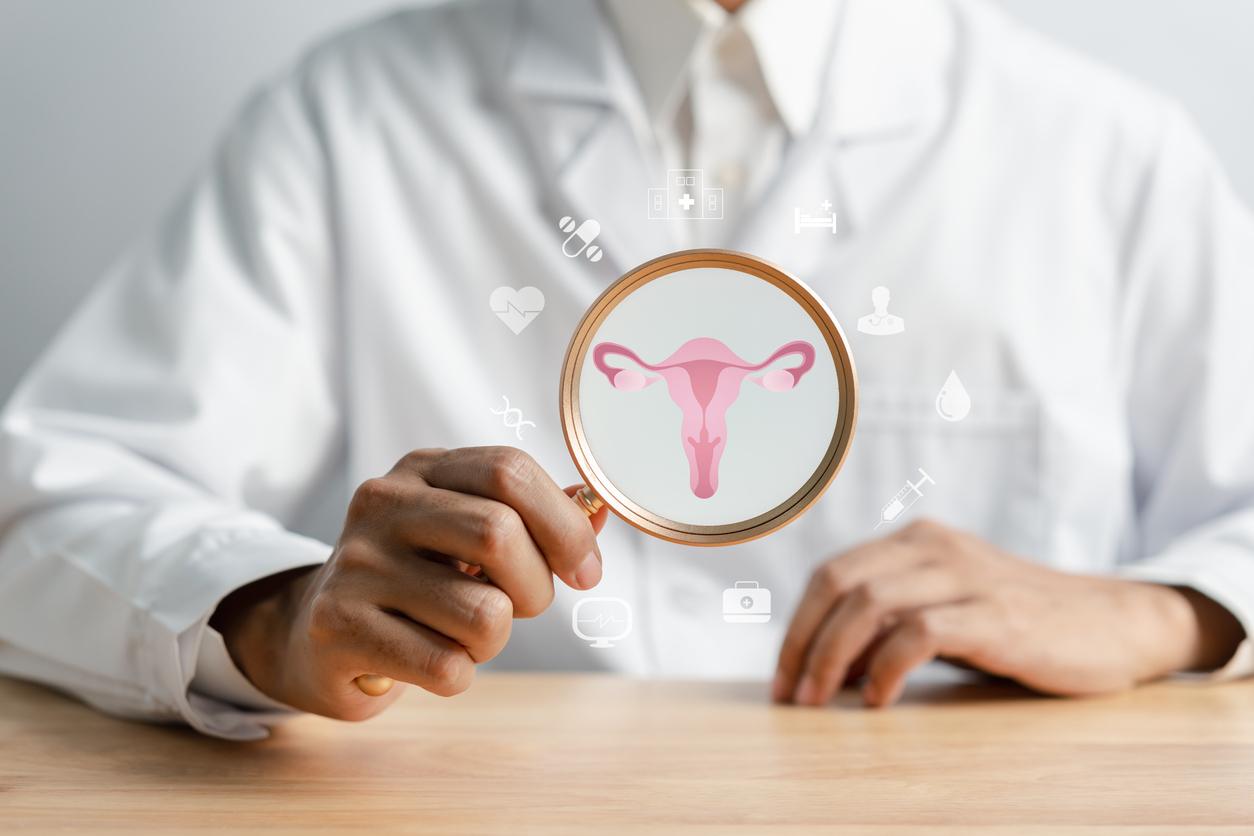Inequalities between men and women are explained in at least one area: autoimmune diseases. Female hormones inhibit a key factor in immunity.

Women are clearly disadvantaged in the face of autoimmune diseases. The example of lupus is a good illustration of this imbalance between the two sexes: 80% of cases affect female patients. A study published in the Journal of Clinical Investigation provides a trail of explanation. The key lies in an organ that controls the immune system, the thymus.
A factor that controls immunity
5 to 8% of the population is affected by autoimmune diseases. Among women of childbearing age, they are the fifth leading cause of death. There is a clear imbalance in this area: 4 in 1,000 women have autoimmune thyroiditis compared to 1 in 1,000 men.
To resolve the questions about this overrepresentation, the authors of this French study focused on a key factor in immune tolerance, the Auto-Immune Regulator (AIRE). This factor is expressed less in women than in men. However, it controls the expression of specific antigens of tissues in the thymus.
“Since the thymus is the site of central tolerance, we speculated that a comparison between male and female would reveal secrets about the differences in the mechanism of tolerance, which might shed light on female susceptibility to disease. autoimmune ”, explain the authors.
Estrogen involved
The findings confirm the researchers’ hypothesis. In female mice, after puberty, the thymus gland expresses the AIRE factor less than in males. When the AIRE regulator is not sufficiently expressed, pathogenic cells are less well eliminated by the thymus. This means that immune tolerance is poorer and susceptibility to autoimmune diseases is increased.
Analysis of 48 human thymi of prepubertal, pubescent and adult children yielded the same results. Female hormones are the cause: researchers have shown that by treating male cells with estrogen, the expression of AIRE is reduced in the thymus.
.

















